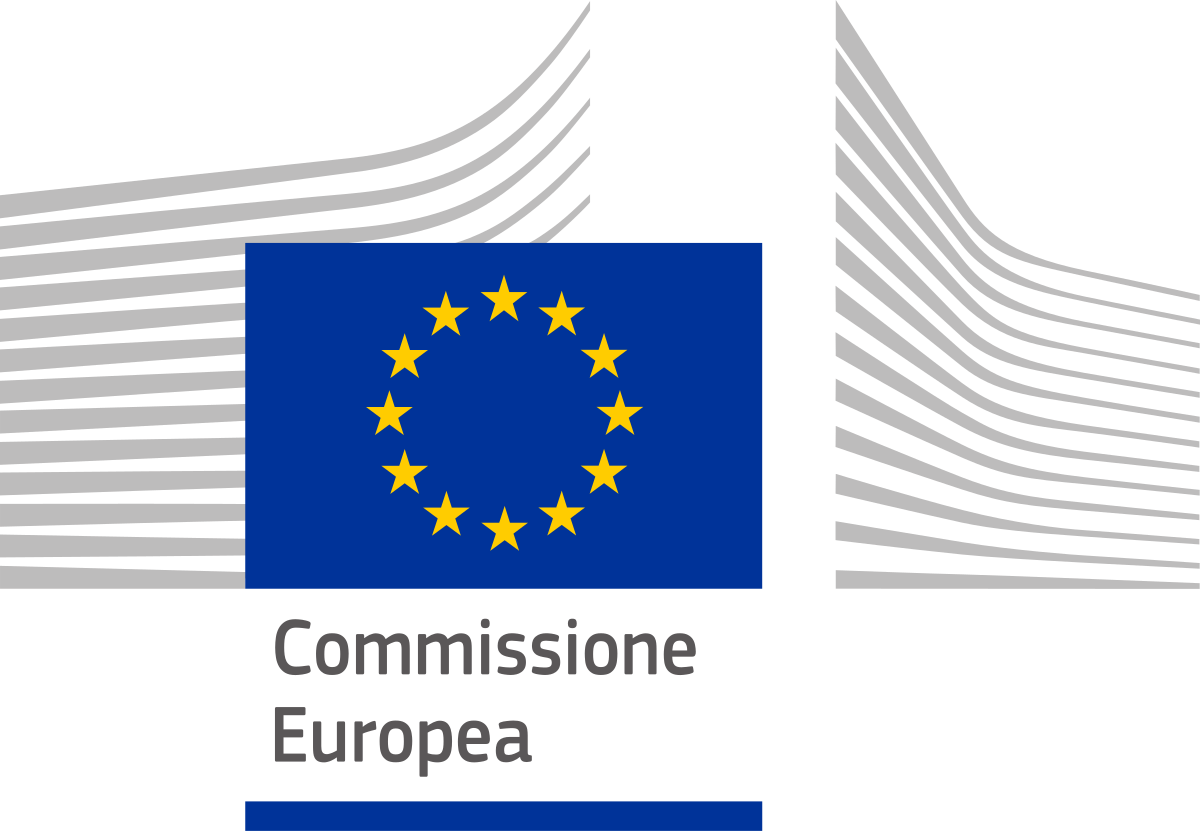Mobile Identities. Migration and Integration in transnational communities
Which are the real benefits of temporary and circular migration? Which are the profiles of migrants who choose circularity? What are the social and economic advantages and challenges for the host country, the country of origin, and the migrants themselves? How can European countries promote the well-being of migrants involved in temporary and circular migration?
This is a transnational project financed by the European Commission, DG Home, European Integration Fund that aims at evaluating the impact of existing policies on integration in fostering the well-being of migrants involved in temporary or circular migration or in different Kinds of transnationalism.
The project intends to explore the existing links between the different kinds of circular/temporary migration and integration processes in European countries.
Most European integration policies are in fact rooted on the idea of a long-term permanence of migrants. The logic behind these policies is to consider origin and destination countries as two alternative poles of the migration path. In recent years, many European Governments have regarded circular migration as one possible solution to the challenges posed by the integration of immigrants.
In particular, circular migration seemed to provide the opportunity of a “Win-Win-Win approach”, i.e., favoring all interested parties: origin and destination countries as well as migrants and their families.
The overall aim of the project is to evaluate the impact of existing policies on integration in fostering well-being of migrants involved in temporary or circular migration or in different kinds of transnationalism.
The project seeks to understand:
- The profiles and needs of transnational migrants in European countries;
- If and how current integration processes in European countries match the needs of transnational migrants; and
- What can be done both in EU and non-EU countries to foster the well-being of transnational migrants.
The attainment of these objectives will permit the development of country specific and EU guidelines for integration measures in receiving countries that work in synergy with pre-measures and conditions in sending countries.
In the medium term the project is expected to lead to improvements in temporary/circular migrants integration and participation in society both in the country of origin and arrival countries while also promoting migrants’ well-being.
The long-term impact (achieved through the consolidation of connections between integration and transnational mobility) is expected to enable:
- Immigrants to experience, and perhaps share with the host community, new models of post-national belonging that take into consideration the country of origin, arrival country and future destinations – which may be another EU country – as one “integrated” space; and
- Arrival countries to improve the governance of this type of transnational movements not only respect the seasonal and temporary demand for labour, but also migrants’ well-being.



